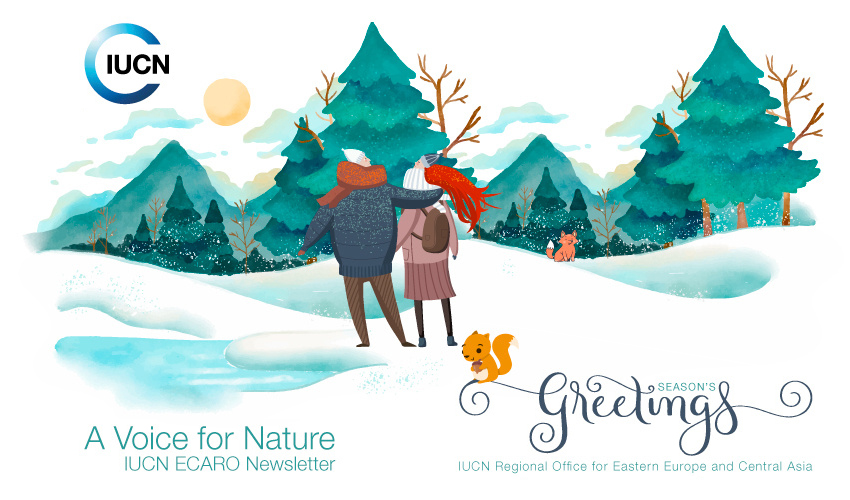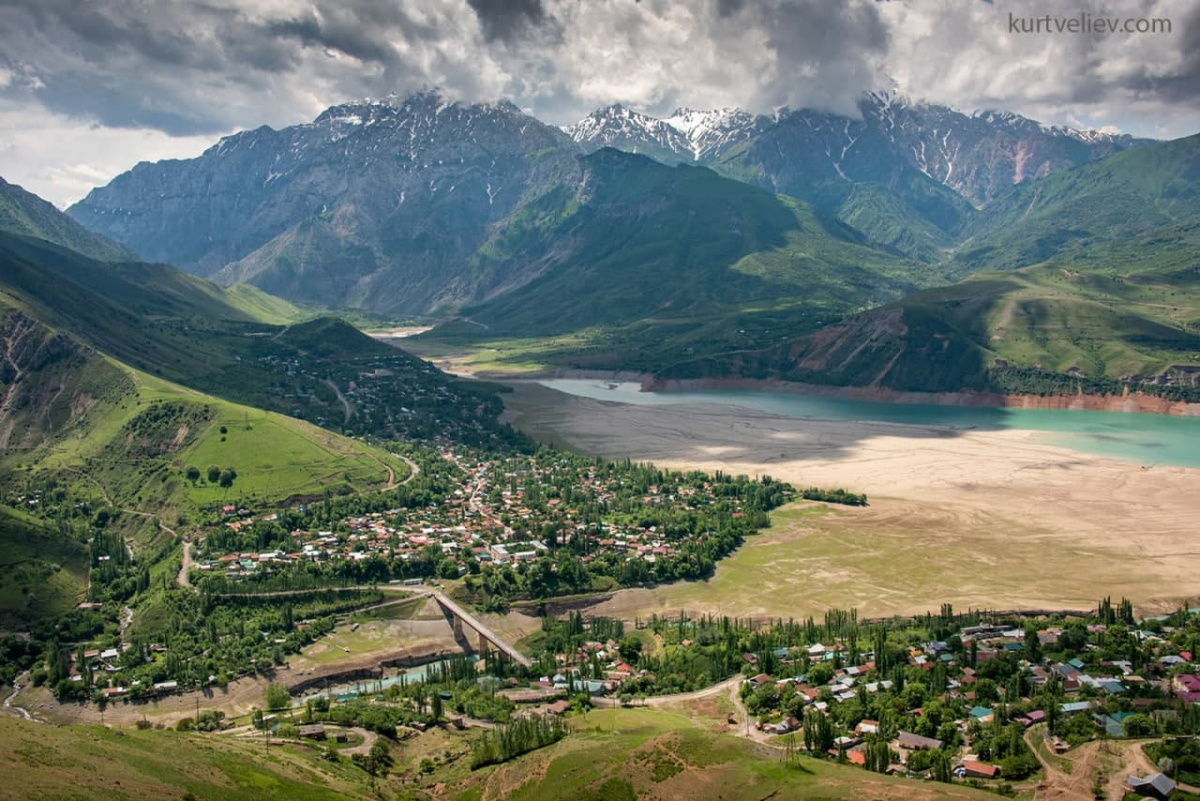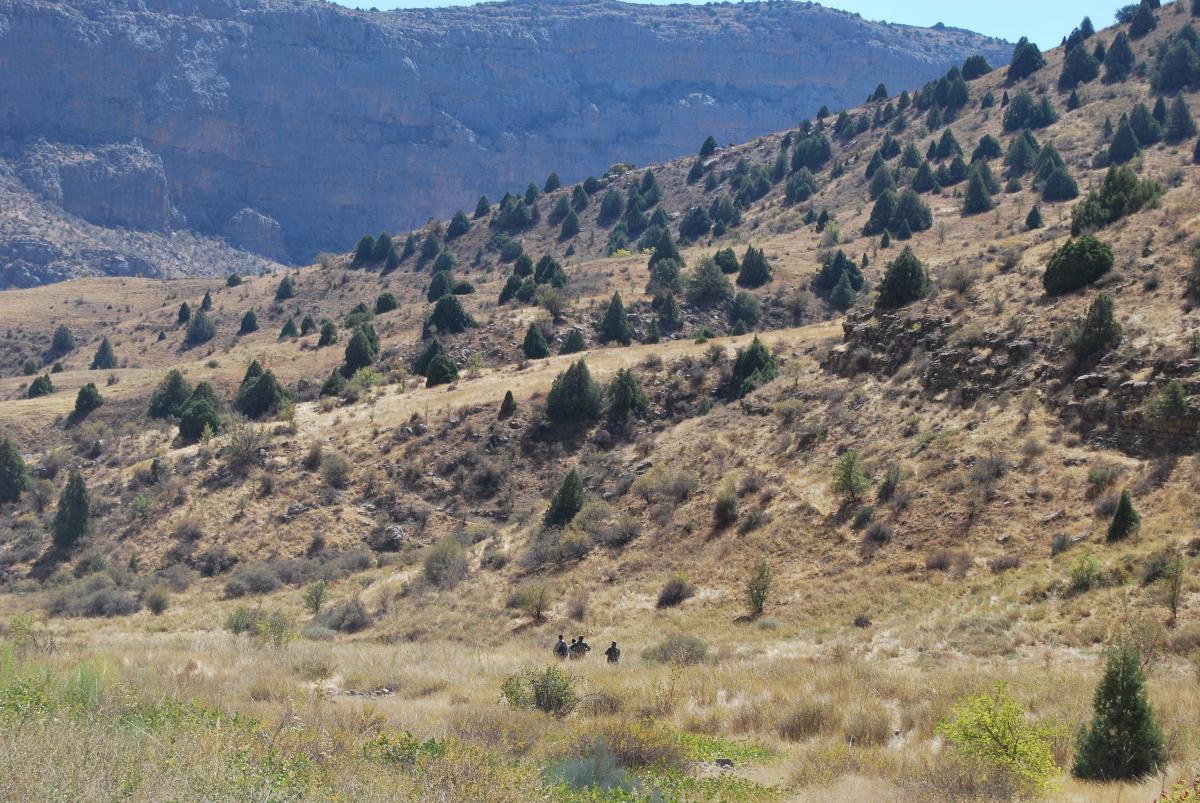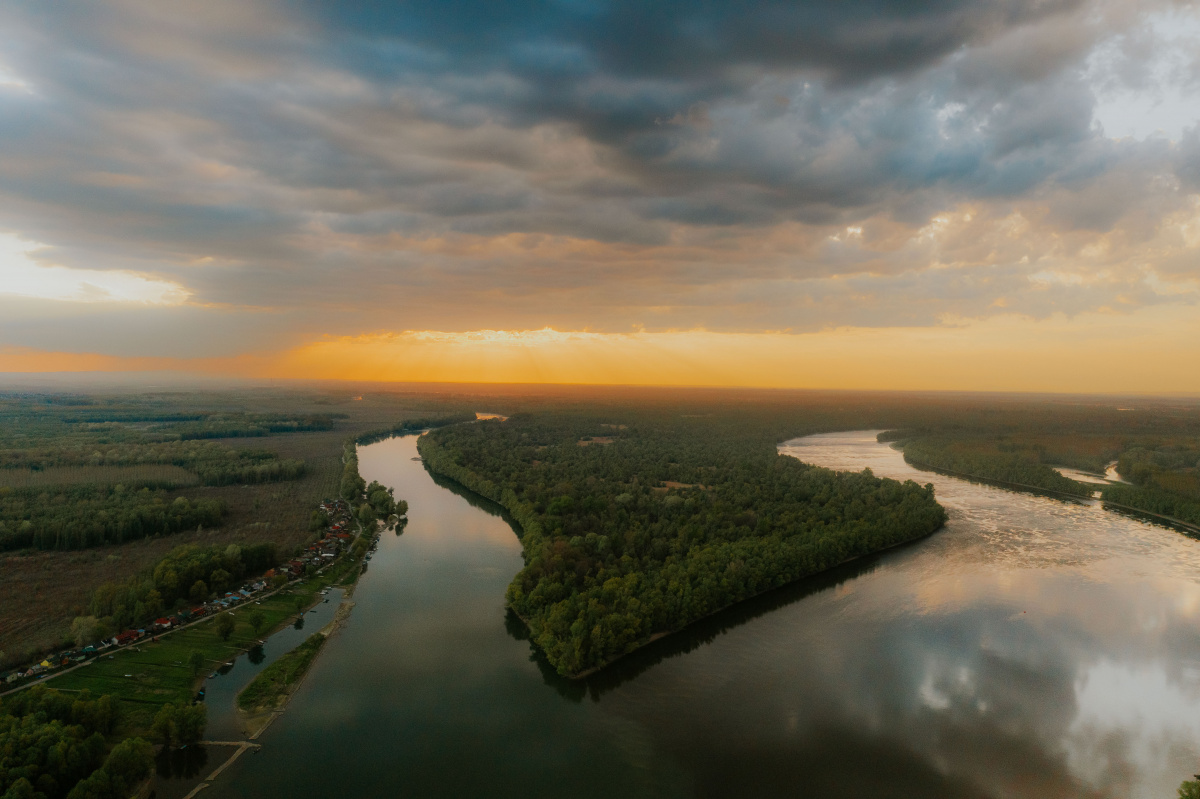A Voice for Nature #26
Stay informed! A selection of the latest news on nature conservation and sustainable use of resources from and for Eastern Europe and Central Asia now available

A Voice for Nature EoY 2021
Photo: IUCN
Looking back at 2021, we witness yet another year heavily influenced by the global pandemic. Now more than ever, it is clear that our practices have caused ecological disruption, be it the destruction of ecosystems or the unsustainable management of natural resources. As a single approach would not bring the solution we are looking for, we should think wider. We need to keep intact more of the nature we have, manage more sustainably the resources we use, and restore more of the ecosystems we have lost. Let us opt for stronger regional cooperation and harness the potential of multi-country initiatives while applying Nature-based Solutions for community and landscape resilience.
The participants of the IUCN Congress clearly voiced this, calling for a post-pandemic recovery based on nature and urging governments to invest at least 10% of global recovery funds in nature. IUCN’s more than 1,500 Members adopted the Marseille Manifesto and a series of resolutions and commitments to urgently address the interlinked climate and biodiversity crises. Among these, a resolution for IUCN to create a Climate Crisis Commission. At the COP26, for the first time, world leaders clearly recognised the interlinked relationship between global biodiversity and climate crises. IUCN welcomed this recognition, however, keeps calling for more ambition when it comes to action.
The EU and the regional leaders made bold steps towards the implementation of the Green Agenda for the Western Balkans, by endorsing the relevant Action Plan in October. Under the coordination of the Regional Cooperation Council, IUCN ECARO and the Biodiversity Task Force of South East Europe are seen as key partners when it comes to the implementation of its biodiversity pillar.
The ADAPT, a regional initiative aimed at mitigating the negative impacts of climate change and reducing disaster risks through Nature-based Solutions in the Western Balkans is unfolding through numerous global and local events. Key steps were made this year to introduce the pilot location in Albania and finalise the baseline assessments for the pilot project in Serbia.
We have worked with environmental media and CSOs in Albania to build their capacities when it comes to awareness raising and law enforcement. We have applied IUCN protected area standards to support the development of management plans for Lake Ohrid and Shar Mountains in North Macedonia and to prepare the Protection study of the Vjosa River Valley. Exploring innovative approaches, we have looked into ways to use European Earth Observation capacities for environmental law enforcement. Finally, the Living Buna and SOS Central Asia grant mechanisms continued to mobilise and deliver community-led conservation action on the ground. The last months of 2021 saw the launch of a project aimed at ecosystem restoration in Georgia, and the start of the tourism development assessment activities in Tajik National Park, amongst others. Last but not least, we have welcomed Uzbekistan as IUCN's newest State Member.
Needless to say that we wouldn’t be able to achieve all this without the support of our members, expert networks, partners and donors. We take this opportunity to wholeheartedly thank you for your dedication and trust in IUCN’s values and mission. May we jointly continue raising the bar on sustainability, with nature at the centre of all future considerations.
We wish you restful holidays, and a Happy and Healthy 2022!
Subscribe to receive IUCN ECARO's newsletter 'A Voice for Nature'



